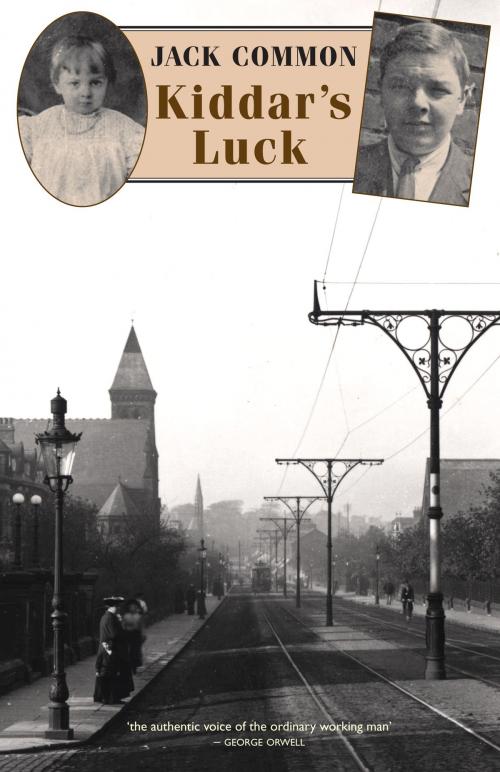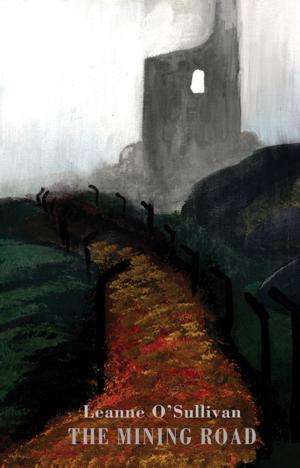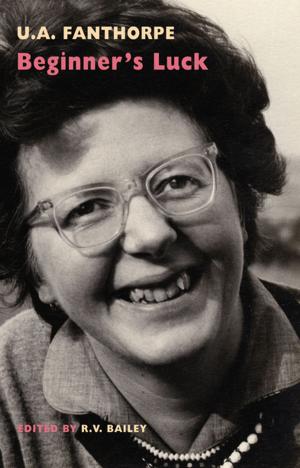| Author: | Jack Common | ISBN: | 9781780370309 |
| Publisher: | Bloodaxe Books | Publication: | June 1, 1990 |
| Imprint: | Bloodaxe Books | Language: | English |
| Author: | Jack Common |
| ISBN: | 9781780370309 |
| Publisher: | Bloodaxe Books |
| Publication: | June 1, 1990 |
| Imprint: | Bloodaxe Books |
| Language: | English |
He was indeed the nearest anybody ever got to Charlie Chaplin in print…the sentences skid and dance and hop on one leg or take a custard pie right on the chin or duck and weave and leave you gasping behind. But he is more for the wry smile than the belly laugh…' This was how Sid Chaplin described Jack Common, author of two of the finest working-class novels of the 20th century, and 'the finest prose writer to come from the North-East of England'. Kiddar's Luck, his first novel, was a commercial flop when it first appeared. It has since been called a 'neglected masterpiece', remarkable for its 'linguistic mastery and insights into the lives of working people, free of illusions and false heroi' (Richard Kelly in The Independent). Jack Common was born in 1903 in Heaton, Newcastle, and grew up in the terraced streets backing onto the railway yards where his father worked. The boy Willie Kiddar in Common's account of a Newcastle childhood is a thinly veiled self-portrait, and Kiddar's Luck tells the story of his first 14 years, from conception on a Sunday afternoon to leaving school during the First World War. At 25 he moved to London, and worked as assistant editor on The Adelphi during the 30s, when George Orwell was his friend and literary mentor, later praising his essay collection The Freedom of the Streets (1938) as 'the authentic voice of the ordinary working man, the man who might infuse a new decency into the control of affairs if only he could get there, but who never seems to get much further than the trenches, the sweatshop and the jail'. V.S. Pritchett called it the most influential book of his life. Kiddar's Luck was first published in 1951 (and its sequel, The Ampersand, in 1954). After the commercial failure of his two novels, Jack Common lived in poverty for much of the rest of his life, and died in 1968.
He was indeed the nearest anybody ever got to Charlie Chaplin in print…the sentences skid and dance and hop on one leg or take a custard pie right on the chin or duck and weave and leave you gasping behind. But he is more for the wry smile than the belly laugh…' This was how Sid Chaplin described Jack Common, author of two of the finest working-class novels of the 20th century, and 'the finest prose writer to come from the North-East of England'. Kiddar's Luck, his first novel, was a commercial flop when it first appeared. It has since been called a 'neglected masterpiece', remarkable for its 'linguistic mastery and insights into the lives of working people, free of illusions and false heroi' (Richard Kelly in The Independent). Jack Common was born in 1903 in Heaton, Newcastle, and grew up in the terraced streets backing onto the railway yards where his father worked. The boy Willie Kiddar in Common's account of a Newcastle childhood is a thinly veiled self-portrait, and Kiddar's Luck tells the story of his first 14 years, from conception on a Sunday afternoon to leaving school during the First World War. At 25 he moved to London, and worked as assistant editor on The Adelphi during the 30s, when George Orwell was his friend and literary mentor, later praising his essay collection The Freedom of the Streets (1938) as 'the authentic voice of the ordinary working man, the man who might infuse a new decency into the control of affairs if only he could get there, but who never seems to get much further than the trenches, the sweatshop and the jail'. V.S. Pritchett called it the most influential book of his life. Kiddar's Luck was first published in 1951 (and its sequel, The Ampersand, in 1954). After the commercial failure of his two novels, Jack Common lived in poverty for much of the rest of his life, and died in 1968.















